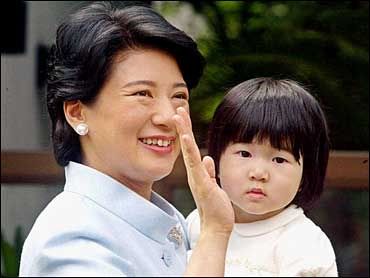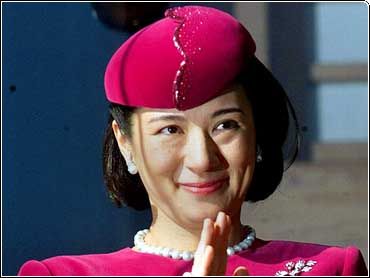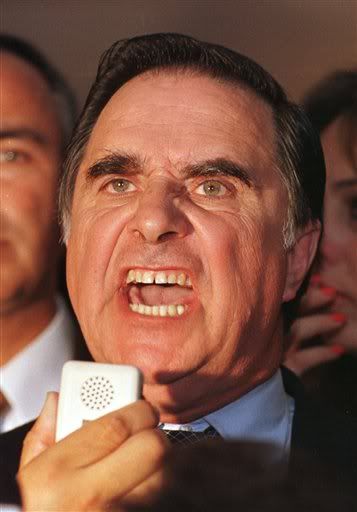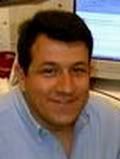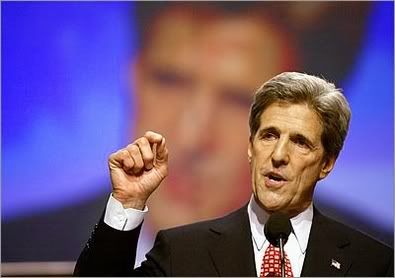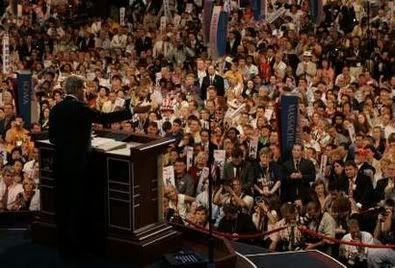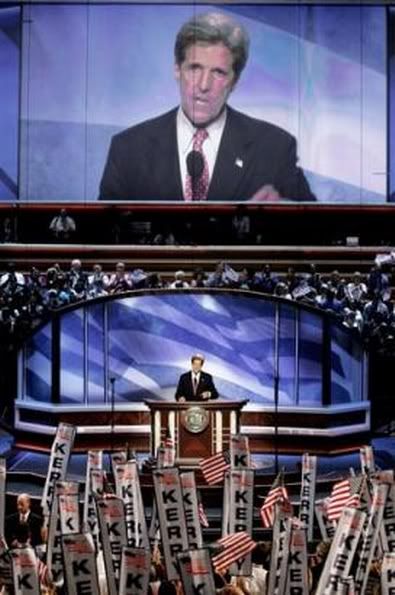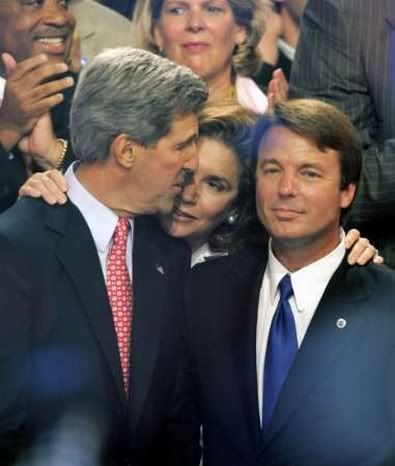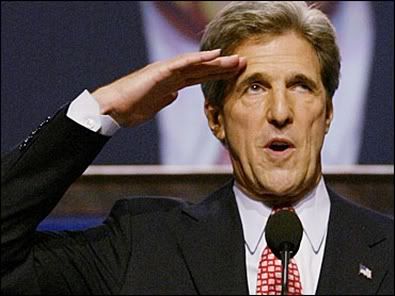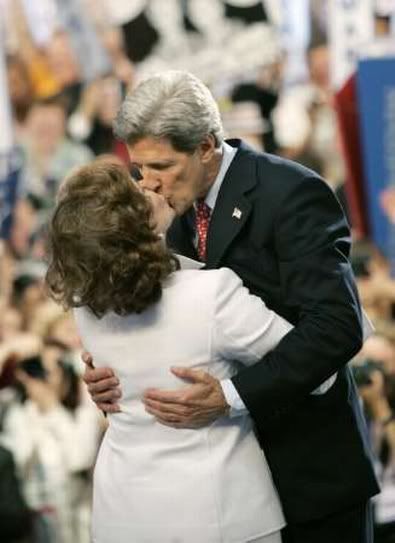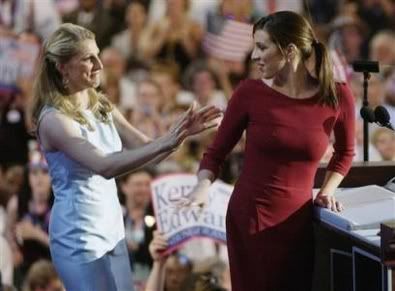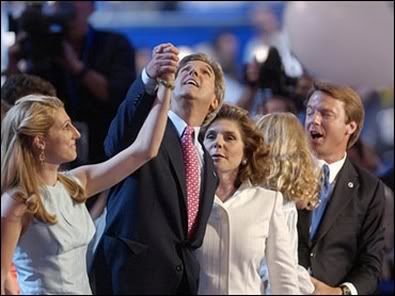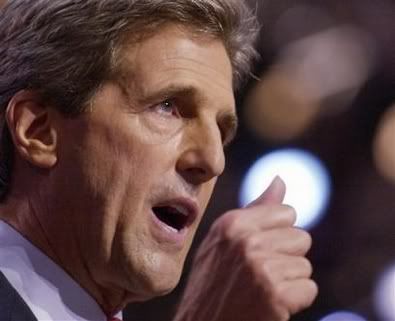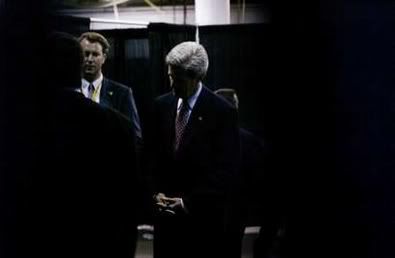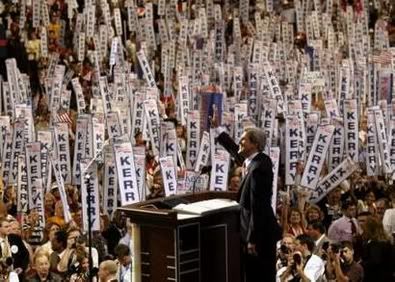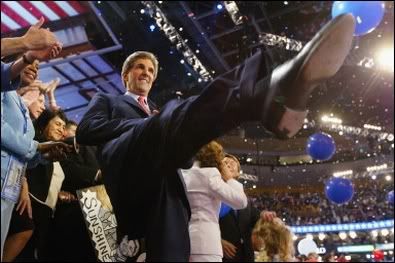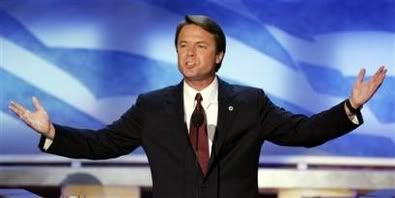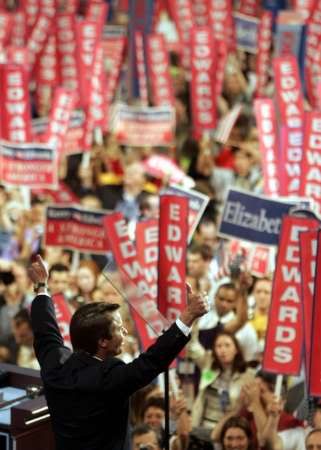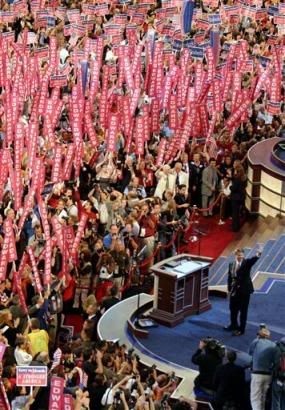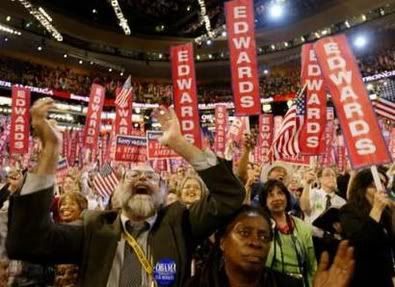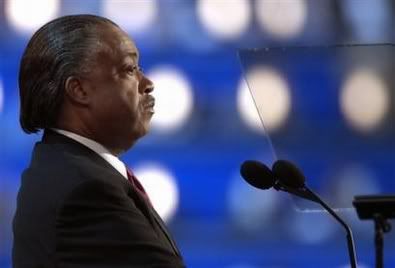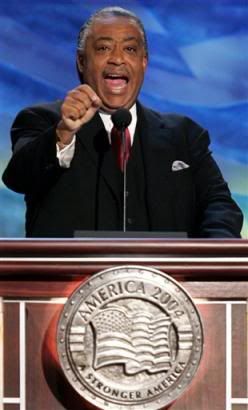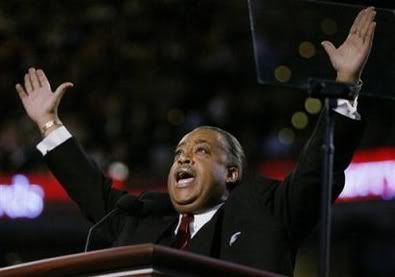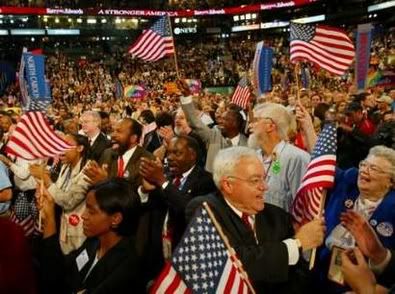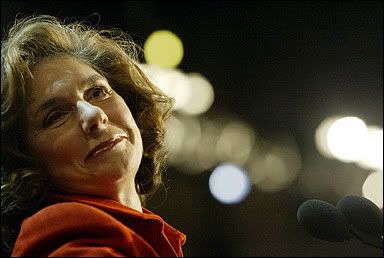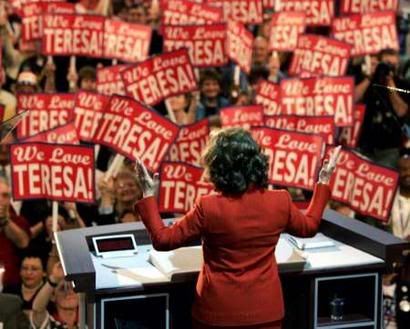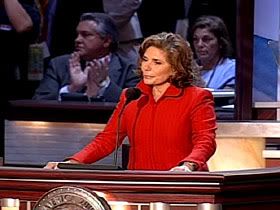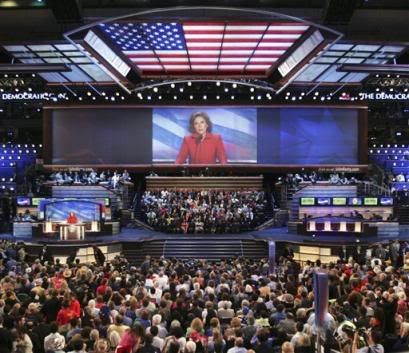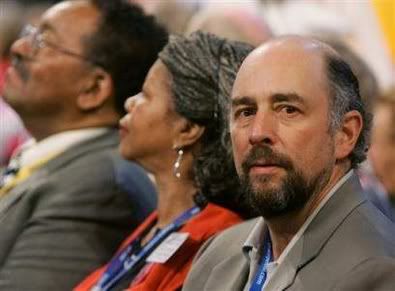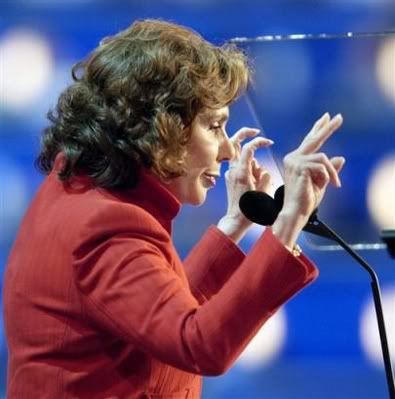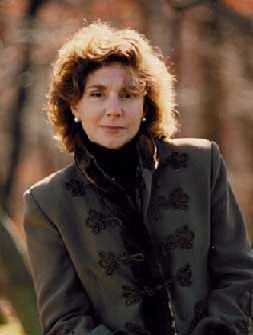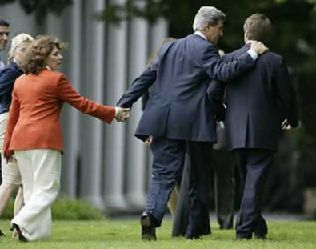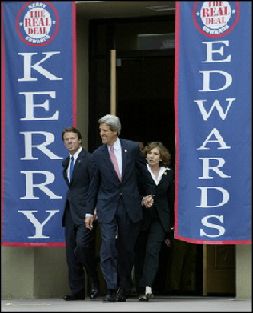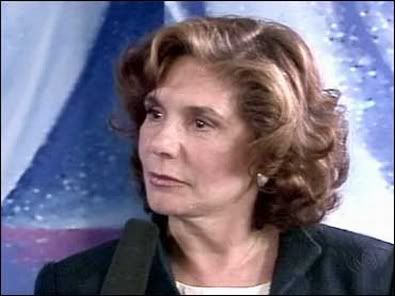Con Castro
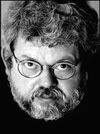
por Alejandro Armengol
Curiosos los extremos. Nunca como ahora han coincidido los discursos de la extrema derecha de Miami y la extrema izquierda de La Habana. Más allá de la vocación totalitaria, hay una actitud común: el desprecio a la inteligencia y la arrogancia que acompaña la mentira impune.
Quienes rechazan las restricciones a los viajes y envíos a Cuba no son realmente exiliados, sino inmigrantes, alegan. Llegaron a ''estas tierras de libertad'' buscando simplemente el pan con jamón, repiten. Con el atraso que trae el desgaste de una confrontación demasiado larga, los comités de defensa radiales de Miami y algún que otro inquisidor de esquina se han apoderado de un argumento clásico del castrismo: los que se van de la isla lo hacen por motivos económicos. Curioso --de nuevo-- que éste brote en Miami. Precisamente cuando esos ''inmigrantes económicos'' comienzan un ejercicio democrático de protesta y asumen una posición política.
Descalificar al opositor y no rebatir sus puntos de vista. Los ''anticastristas'' más radicales dándole la razón al enemigo de toda una vida. El menosprecio los hermana. Así que en los últimos años Miami se ha llenado de inmigrantes económicos, a los cuales sólo mueve el interés de llenar su barriga y la de sus familiares. ¿Y quién les ha dado autoridad a esos señores para clasificar a los cubanos que viven en esta ciudad? Un exiliado político es alguien al que le quitaron el negocio durante los primeros años de la revolución. ¿Y por qué no el otro, que no podía ganar un salario decente y satisfacer sus necesidades, que vino mucho después y quizá nació y creció cuando ya no quedaban negocios de los cuales apoderarse?
Hay los que padecen de añoranza totalitaria. Les gusta salir a la calle a tratar de recoger a cualquiera y meterlo en una celda ideológica. La categoría de exiliado político la ''otorga'' Fidel Castro. Lo viene haciendo desde hace muchos años. Se la ha ''conferido'' a todo aquél que se ha visto obligado a abandonar la isla, con independencia de motivos, voluntad y aspiraciones. Este país reconoce esa categoría y ha sido generoso como ninguno con los cubanos. La nación norteamericana. No un gobierno específico, republicano o demócrata. Algunos mandatarios se han distinguido por una política migratoria más flexible, pero el hecho de acoger a los perseguidos políticos es un principio fundamental del sistema norteamericano. Como fundamento de la nación, no como prerrogativa gubernamental.
Lo que ahora algunos pretenden negarles a los cubanos --a todos los cubanos-- es que son perseguidos políticos. Y al intentar adueñarse de la bandera del exilio, no hacen más que ponerse de parte de Fidel Castro. No importa fecha de llegada, ''glorioso pasado'' como miembro de la anterior dictadura --la batistiana-- y el arrepentimiento por un historial nada despreciable en favor del marxismo-leninismo. Los une la voluntad de jugar en la novena del comandante, aunque digan todo lo contrario.
Si lo hace ''de forma legal'', quien abandona Cuba tiene que firmar un documento, llamado ''permiso de salida definitiva del país''. Esto quiere decir que no puede volver a vivir en la isla, se ve privado de sus derechos ciudadanos y está impedido de colocar un candado en la puerta de su vivienda, por si le va mal en el extranjero y sueña con regresar a la patria: porque se queda sin vivienda y sin patria. Igual ocurre si se va ''de forma ilegal''. El castigo puede ser mayor: le retienen la familia, no lo dejan volver a visitarlos.
Hay algo que nos une a todos los que partimos de Cuba y nos diferencia del resto de los inmigrantes económicos: no podemos --poco importa el deseo de hacerlo o no-- establecernos de nuevo, de forma legal y permanente, en el país en que nacimos. No es un problema de ciudadanía adquirida, es un derecho de nacimiento que nos han quitado.
Castro entrega el permiso para irse definitivamente. Hasta ahora, no le ha dado ''permiso'' a ningún ciudadano común y corriente para regresar definitivamente. Esta es la batalla que vale la pena librar: la anulación de los ''permisos''. Hay algunos a los que ahora en Miami no les basta con las restricciones existentes en Cuba y están complacidos con nuevas limitaciones. La política de reunificación familiar, los viajes a Cuba, el aumento de las comunicaciones e incluso las remesas familiares son conquistas del exilio. Quienes intentan abolirlas --llevarlas a niveles ridículos de reducción-- se limitan a hacerle un favor al régimen de La Habana, más allá de la retórica. Curioso --una vez más-- el afán en acoger como válida una parte del discurso del gobernante cubano. No se puede enfatizar que éste es un maestro en el arte de la manipulación --un ser perverso siempre dispuesto a mentir y un traidor consuetudinario-- y al mismo tiempo reclamar como ciertas sus declaraciones en contra de las medidas. El rechazar por conveniencia que éstas forman parte de un juego político es entrar en ese juego.
La Ley de Ajuste Cubano --promulgada en 1966, durante la presidencia del demócrata Lyndon Johnson-- se fundamenta en que los cubanos no pueden ser deportados, ya que el régimen de La Habana no los admite, que en cualquier caso estarían sujetos a la persecución y que en la isla no existe un gobierno democrático. Ningún refugiado que visita a la familia que dejó atrás pone en peligro la ley. Cualquier amenaza al respecto no es más que un vulgar chantaje. La abolición de esta ley es el reclamo preferido y constante de los funcionarios cubanos durante las diversas reuniones migratorias llevadas a cabo entre Washington y La Habana. Bill Clinton logró darle un rodeo, con la infame política de ''pies secos, pies mojados''. Los nuevos argumentos contra la medida --que por razones diversas nunca ha sido del agrado de muchos, salvo los cubanos-- han surgido en Miami y no en la Plaza de la Revolución. Castro debe de estar tomando nota. Aún me niego a pensar que también esté dictando.
(C) Alejandro Armengol

